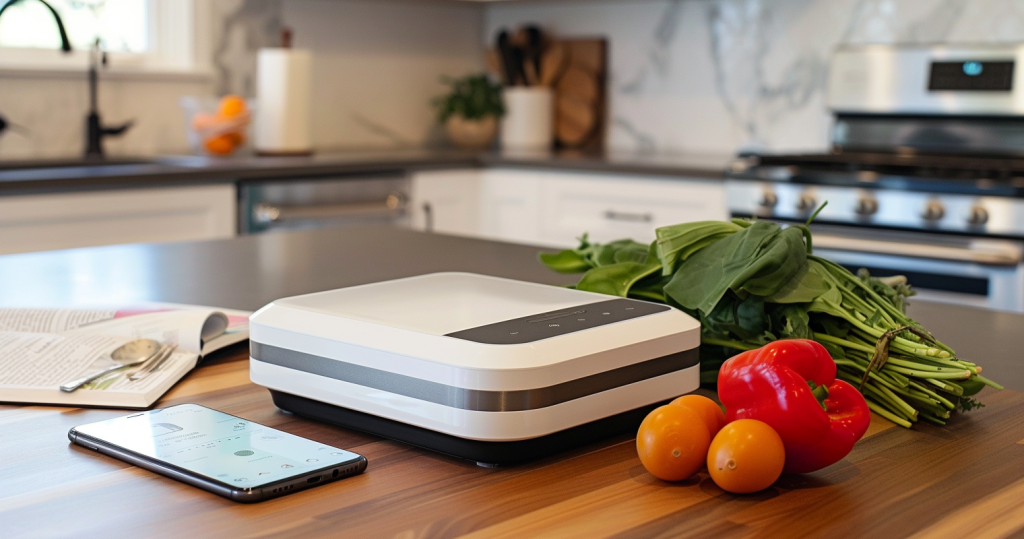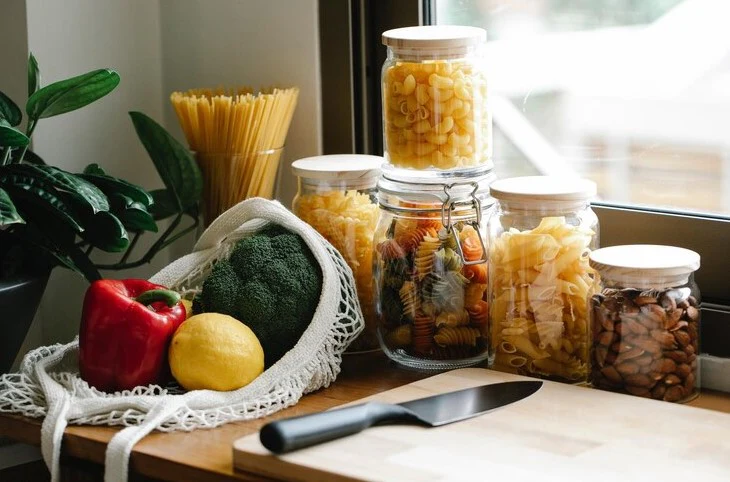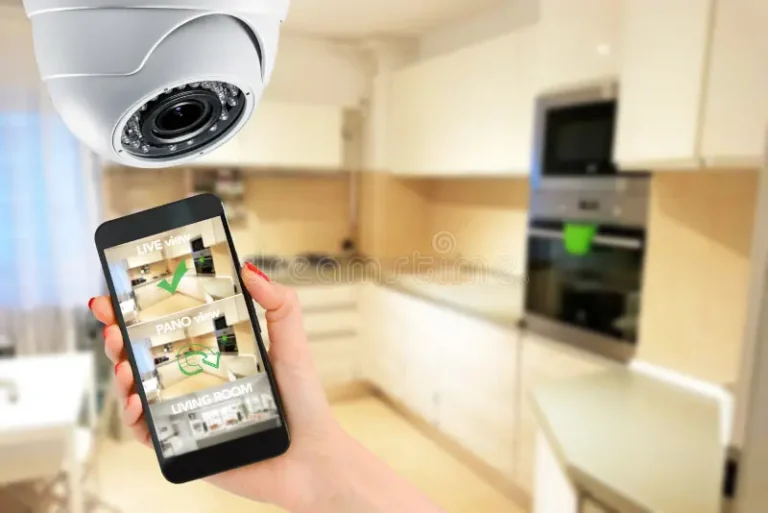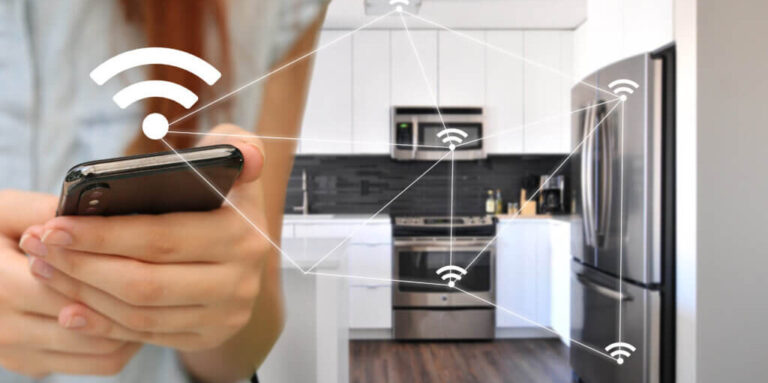Accurate measurements are essential in cooking and baking. A slight variation in ingredient quantities can significantly impact the taste, texture, and overall success of a dish. The advent of smart kitchen scales has revolutionized the way we measure ingredients, offering precision, convenience, and integration with other smart devices. This comprehensive guide explores how to use smart kitchen scales, from selecting the right model to advanced features and real-life applications.
Smart Kitchen Scales
What Are Smart Kitchen Scales?
Smart kitchen scales are digital devices equipped with advanced sensors and connectivity options, such as Bluetooth or Wi-Fi. These scales not only measure weight but also connect to smartphones, tablets, or other smart devices to provide a range of functionalities. Key features include high accuracy, easy-to-read digital displays, and compatibility with apps that offer nutritional tracking, recipe guidance, and more.
Pros of Using Smart Kitchen Scales
- Precision and Accuracy: Smart scales provide highly accurate measurements, ensuring that recipes turn out as intended. This precision is particularly important in baking, where ingredient ratios are crucial.
- Convenience and Efficiency: Smart scales streamline the cooking process by allowing users to measure multiple ingredients in one bowl, using the tare function to reset the scale between additions.
- Integration with Other Smart Devices: Many smart scales sync with fitness apps, smart ovens, and other kitchen gadgets, creating a cohesive and efficient cooking environment.
How Smart Kitchen Scales Work
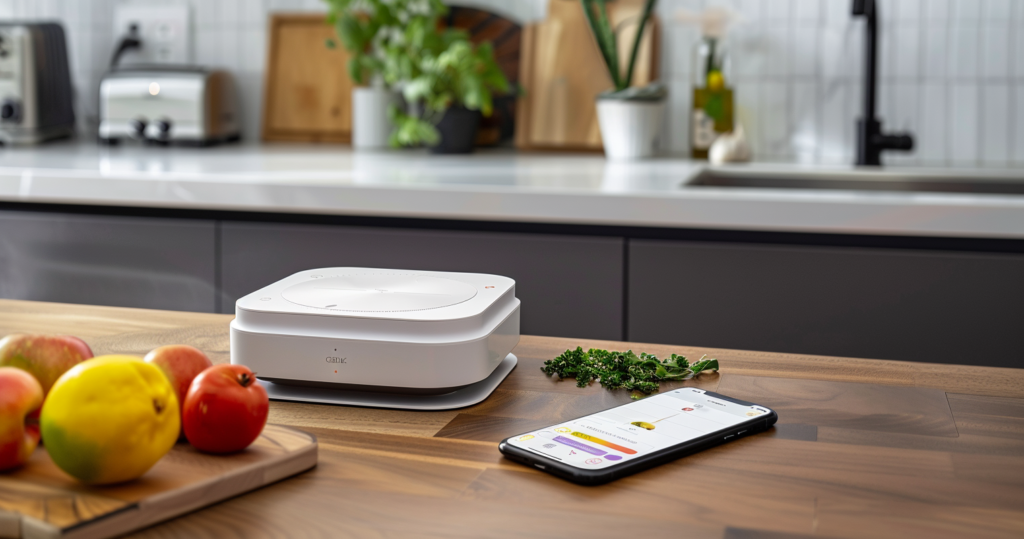
Smart kitchen scales utilize advanced sensors to measure weight and digital displays to show the measurements. They connect to smartphones or tablets via Bluetooth or Wi-Fi, enabling users to interact with compatible apps. These apps offer various features, such as tracking nutritional information, following guided recipes, and integrating with other smart home devices.
Selecting the Right Smart Kitchen Scale
Key Features to Look For
When selecting a smart kitchen scale, consider the following features:
- Weight Capacity and Accuracy: Ensure the scale can handle the weight range you need, with high accuracy for precise measurements.
- Display and Readability: Look for a clear, easy-to-read display, preferably with a backlight for visibility in all lighting conditions.
- Connectivity Options: Bluetooth and Wi-Fi connectivity allow for seamless integration with apps and other smart devices.
- App Compatibility: Choose a scale that works with your preferred apps for tracking nutrition, following recipes, or integrating with other smart home devices.
Popular Brands and Models
- Philips Hue: Known for its versatile smart lighting solutions, Philips Hue also offers reliable smart kitchen scales with excellent app integration.
- LIFX: Offers high-brightness smart bulbs and innovative smart kitchen scales with a wide range of features.
- Sengled: Provides affordable options with basic smart features, making it accessible for beginners.
Budget Considerations
- Affordable Options: Entry-level smart scales offer essential features at a lower price point.
- High-End Models: Premium smart scales come with advanced features, higher accuracy, and better build quality.
- Value for Money: Balance your budget with the features you need, ensuring you get the best value for your investment.
Setting Up Your Smart Kitchen Scale
Unboxing and Initial Setup
When you receive your smart kitchen scale, start by unboxing and familiarizing yourself with the components. Most packages include the scale, batteries or a power adapter, and an instruction manual.
- Powering Up the Scale: Insert the batteries or connect the power adapter as instructed. Turn on the scale and ensure it is working correctly.
Connecting to Your Smartphone or Tablet
- Downloading the App: Download the recommended app for your smart scale from the App Store or Google Play.
- Pairing Your Device: Follow the app’s instructions to pair your smartphone or tablet with the scale. This typically involves enabling Bluetooth or Wi-Fi on your device and selecting the scale from a list of available devices.
- Troubleshooting Common Issues: If you encounter connectivity issues, ensure that your device is within range, and check for any firmware updates for the scale or app.
Calibrating Your Scale
Calibration ensures that your scale provides accurate measurements.
- Importance of Calibration: Regular calibration maintains the scale’s accuracy, especially after moving it or changing batteries.
- Step-by-Step Calibration Guide: Follow the manufacturer’s instructions to calibrate your scale, usually involving placing a known weight on the scale and adjusting the reading.
- Maintaining Calibration Over Time: Periodically recalibrate your scale to ensure ongoing accuracy.
Using Your Smart Kitchen Scale for Everyday Cooking
Measuring Ingredients
Smart kitchen scales simplify the process of measuring ingredients accurately.
- Weighing Solids: Place a bowl on the scale, tare it to zero, and add your ingredients. The digital display will show the weight.
- Measuring Liquids: Some smart scales can measure liquids in milliliters or fluid ounces. Use a suitable container, tare the scale, and pour the liquid.
- Taring and Adding Multiple Ingredients: Use the tare function to reset the scale to zero after adding each ingredient, allowing you to measure multiple ingredients in one bowl without additional calculations.
Tracking Nutritional Information
Many smart scales come with apps that track nutritional information, helping you manage your diet and achieve fitness goals.
- Using the App to Track Calories and Macros: Input the type and quantity of each ingredient into the app to automatically calculate calories, carbohydrates, proteins, and fats.
- Integrating with Fitness Apps: Sync your scale’s app with fitness apps like MyFitnessPal or Fitbit to keep track of your daily intake and monitor your progress.
- Setting and Achieving Dietary Goals: Use the nutritional data to set dietary goals, such as weight loss or muscle gain, and adjust your food intake accordingly.
Also Read: Benefits of Smart Refrigerators (2024)
Enhancing Your Cooking and Baking
Smart kitchen scales can elevate your cooking and baking by providing precise measurements and useful features.
- Precision in Baking: Accurate measurements are crucial in baking, where ingredient ratios must be exact. Smart scales ensure consistent results.
- Portion Control for Meal Prep: Measure portions accurately to maintain balanced meals and control calorie intake, especially important for meal prepping.
- Experimenting with New Recipes: Use the scale’s app to explore new recipes, ensuring you measure ingredients accurately for the best results.
Advanced Features and Uses
Recipe Management and Guidance
Smart scales often come with recipe management features, making it easier to follow and create recipes.
- Following Guided Recipes: Use the app to follow step-by-step instructions, with the scale automatically adjusting measurements as needed.
- Creating and Saving Your Own Recipes: Input your own recipes into the app, saving them for future use and sharing with others.
- Sharing Recipes with Friends and Family: Share your favorite recipes via email or social media directly from the app.
Meal Planning and Prep
Smart scales can streamline meal planning and preparation, making it easier to maintain a healthy diet.
- Using the Scale for Weekly Meal Prep: Measure and portion ingredients for the week, storing them in labeled containers for easy access.
- Managing Grocery Lists: Generate grocery lists based on your meal plans, ensuring you buy the right quantities of ingredients.
- Ensuring Balanced Meals: Use the app to track nutritional content and ensure your meals are balanced and meet your dietary goals.
Integrating with Other Smart Kitchen Devices
Smart scales can be part of a connected kitchen ecosystem, working with other devices to enhance your cooking experience.
- Syncing with Smart Ovens and Cooktops: Some smart scales can sync with smart ovens and cooktops, adjusting cooking times and temperatures based on the ingredients’ weight.
- Using Voice Assistants for Hands-Free Operation: Integrate your scale with voice assistants like Alexa or Google Assistant for hands-free control.
- Creating a Connected Kitchen Ecosystem: Combine your smart scale with other smart kitchen devices to create a fully integrated and efficient cooking environment.
Maintenance and Troubleshooting
Keeping Your Scale Clean and Hygienic
Proper maintenance is essential for the longevity and accuracy of your smart kitchen scale.
- Cleaning Tips and Best Practices: Clean your scale regularly with a damp cloth and mild detergent. Avoid submerging it in water or using abrasive cleaners.
- Avoiding Common Mistakes: Handle your scale with care to avoid damaging the sensors or display. Store it in a dry, safe place when not in use.
Battery Life and Power Management
Smart scales often run on batteries, so managing battery life is crucial.
- Extending Battery Life: Turn off the scale when not in use and remove the batteries if you won’t be using it for an extended period.
- Using Rechargeable Batteries: Consider using rechargeable batteries for cost savings and environmental benefits.
Common Issues and Solutions
Addressing common issues can help maintain the performance of your smart kitchen scale.
- Connectivity Problems: Ensure your device is within range and check for firmware updates if you experience connectivity issues.
- Inaccurate Readings: Recalibrate your scale regularly and ensure it is placed on a flat, stable surface for accurate measurements.
- App Malfunctions: Update the app regularly and clear the cache if it becomes unresponsive or slow.
Real-Life Applications and Case Studies
Home Cooking and Baking
Smart kitchen scales are valuable tools for home cooks and bakers.
- Success Stories from Home Cooks: Many home cooks have improved their cooking and baking results using smart scales for precise measurements.
- Transforming Everyday Meals: Smart scales make it easier to prepare healthy, balanced meals with accurate portion control and nutritional tracking.
Professional Kitchens
Smart scales are also used in professional kitchens to enhance efficiency and consistency.
- How Chefs Use Smart Scales: Professional chefs use smart scales to ensure precise measurements and maintain consistency in their dishes.
- Improving Efficiency and Consistency: Smart scales streamline the cooking process, reducing prep time and minimizing errors.
Health and Wellness
Smart scales play a significant role in health and wellness by helping individuals manage their diets.
- Weight Management and Fitness Goals: Use smart scales to track calorie intake and manage portion sizes, supporting weight management and fitness goals.
- Managing Dietary Restrictions: Smart scales help individuals with dietary restrictions measure ingredients accurately and avoid allergens.
Conclusion
Smart kitchen scales offer numerous benefits, including precision, convenience, and integration with other smart devices. Understanding how to choose, set up, and use a smart scale can significantly enhance your cooking and baking experiences.
Investing in a smart kitchen scale is a step towards a more efficient, accurate, and enjoyable cooking experience. The ability to track nutritional information, follow guided recipes, and integrate with other smart devices makes smart scales a valuable addition to any kitchen.
As technology continues to evolve, smart kitchen tools like smart scales will become even more integrated and advanced, offering greater benefits and transforming the way we cook and bake.

